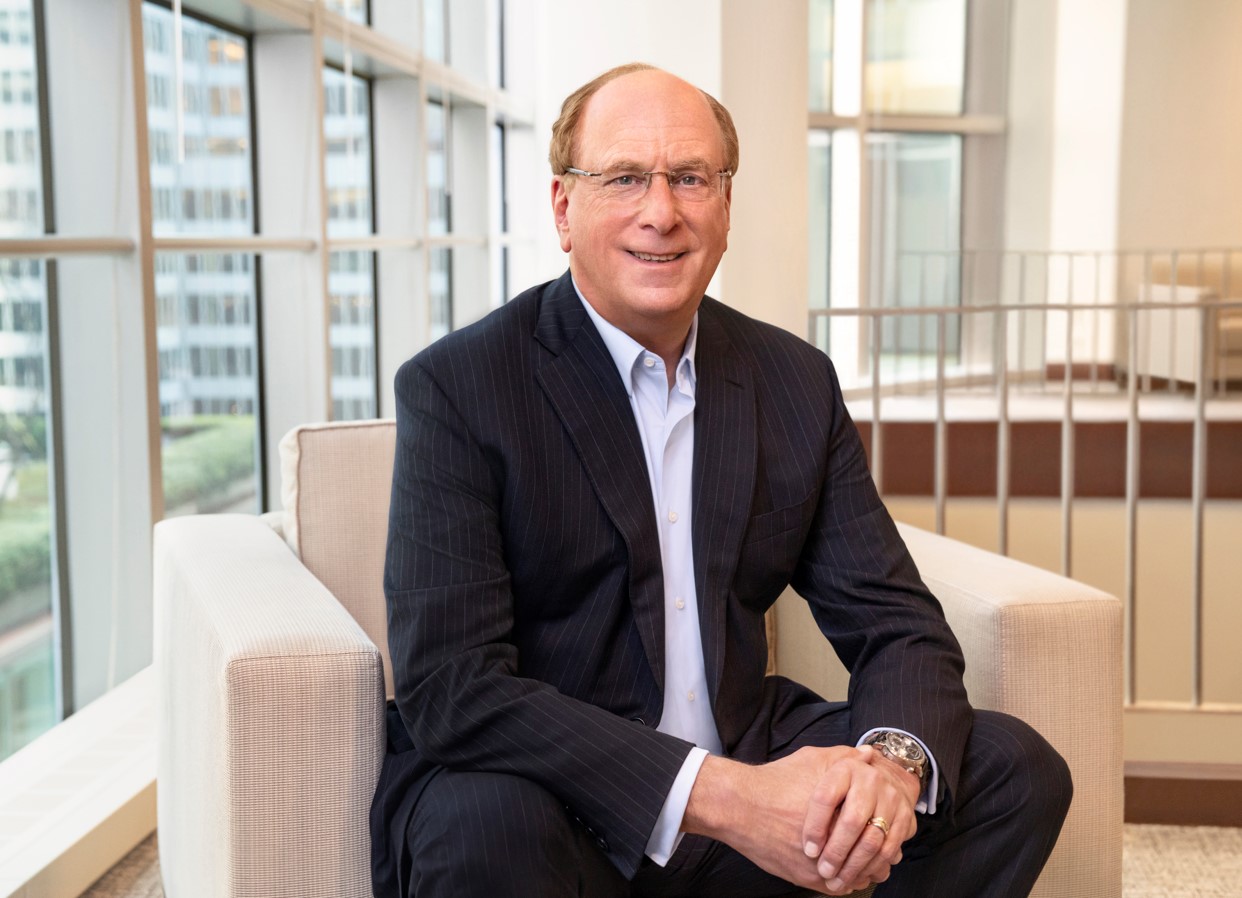Larry Fink, CEO of BlackRock, has published his annual letter to the CEOs of the companies around the world in which the firm invests on behalf of its clients. As every year, this missive seeks to encourage business leaders to manage companies with a long-term mindset that offers shareholders consistent returns over time.
Fink points out the importance of “stakeholder capitalism”, which, for him, is not about politics: “It is not a social or ideological agenda. It is not “woke.” It is capitalism, driven by mutually beneficial relationships between you and the employees, customers, suppliers, and communities your company relies on to prosper. This is the power of capitalism”.
He believes in its ability to help individuals achieve better futures, to drive innovation, to build resilient economies, and to solve some of our most intractable challenges: “In today’s globally interconnected world, a company must create value for and be valued by its full range of stakeholders in order to deliver long-term value for its shareholders. It is through effective stakeholder capitalism that capital is efficiently allocated, companies achieve durable profitability, and value is created and sustained over the long term. Make no mistake, the fair pursuit of profit is still what animates markets; and long-term profitability is the measure by which markets will ultimately determine your company’s success”.
The CEO also highlights that the pandemic is “dramatically accelerating” how technology is reshaping life and business, has deepened the erosion of trust in traditional institutions and has exacerbated polarization in many Western societies. “This polarization presents a host of new challenges for CEOs. Political activists, or the media, may politicize things your company does. They may hijack your brand to advance their own agendas. In this environment, facts themselves are frequently in dispute, but businesses have an opportunity to lead. Employees are increasingly looking to their employer as the most trusted, competent, and ethical source of information – more so than government, the media, and NGOs”, he adds.
In this context, Fink arguments that “it’s never been more essential for CEOs to have a consistent voice, a clear purpose, a coherent strategy, and a long-term view”. That is why he encourages them to put their company’s purpose at the foundation of their relationships with stakeholders in order to achieve long-term success.
“Employees need to understand and connect with your purpose; when they do, they can be your staunchest advocates. Customers want to see and hear what you stand for as they increasingly look to do business with companies that share their values. And shareholders need to understand the guiding principle driving your vision and mission. They will be more likely to support you in difficult moments if they have a clear understanding of your strategy and what is behind it”, he says.
A new world of work
In the CEO’s view, no relationship has been changed more by the pandemic than the one between employers and employees: “As companies rebuild themselves coming out of the pandemic, CEOs face a profoundly different paradigm than we are used to. Companies expected workers to come to the office five days a week. Mental health was rarely discussed in the workplace. And wages for those on low and middle incomes barely grew”.
That’s why companies not adjusting to this new reality and responding to their workers do so at their own peril. “In addition to upending our relationship with where we physically work, the pandemic also shone a light on issues like racial equity, childcare, and mental health – and revealed the gap between generational expectations at work. These themes are now center stage for CEOs, who must be thoughtful about how they use their voice and connect on social issues important to their employees. Those who show humility and stay grounded in their purpose are more likely to build the kind of bond that endures the span of someone’s career”, Fink adds.
Besides, his letter shows that new sources of capital are fueling market disruption as over the past four decades, there has been an explosion in the availability of capital. “Young, innovative companies have never had easier access to capital. Never has there been more money available for new ideas to become reality. This is fueling a dynamic landscape of innovation. It means that virtually every sector has an abundance of disruptive startups trying to topple market leaders”, he says.
In his view, CEOs of established companies need to understand this changing landscape and the diversity of available capital if they want to stay competitive in the face of smaller, more nimble businesses. That’s why BlackRock wants to see the companies they invest in for their clients evolve and grow so that they generate attractive returns for decades to come. “We too must be nimble and ensure our clients’ assets are invested, consistent with their goals, in the most dynamic companies – whether startups or established players – with the best chances at succeeding over time”, he insists.
Sustainability and ESG
Regarding sustainability, Fink highlights that they focus on it not because they’re environmentalists, but because they are “capitalists and fiduciaries” to their clients. “That requires understanding how companies are adjusting their businesses for the massive changes the economy is undergoing. As part of that focus, we are asking companies to set short-, medium-, and long-term targets for greenhouse gas reductions. These targets, and the quality of plans to meet them, are critical to the longterm economic interests of your shareholders. It’s also why we ask you to issue reports consistent with the Task Force on Climate-related Financial Disclosures (TCFD): because we believe these are essential tools for understanding a company’s ability to adapt for the future”, he reveals.
In his opinion, divesting from entire sectors – or simply passing carbon-intensive assets from public markets to private markets – will not get the world to net zero. “Foresighted companies across a wide range of carbon-intensive sectors are transforming their businesses, and their actions are a critical part of decarbonization. We believe the companies leading the transition present a vital investment opportunity for our clients and driving capital towards these phoenixes will be essential to achieving a net zero world”, he says.
In this sense, he thinks that governments need to provide clear pathways and a consistent taxonomy for sustainability policy, regulation, and disclosure across markets. They must also support communities affected by the transition, help catalyze capital for the emerging markets, and invest in the innovation and technology that will be essential to decarbonizing the global economy. “When we harness the power of both the public and private sectors, we can achieve truly incredible things. This is what we must do to get to net zero”, the letter says.
Lastly, Fink points out that just as other stakeholders are adjusting their relationships with companies, many people are rethinking their relationships with companies as shareholders. “We see a growing interest among shareholders – including among our own clients – in the corporate governance of public companies”, he concludes.


